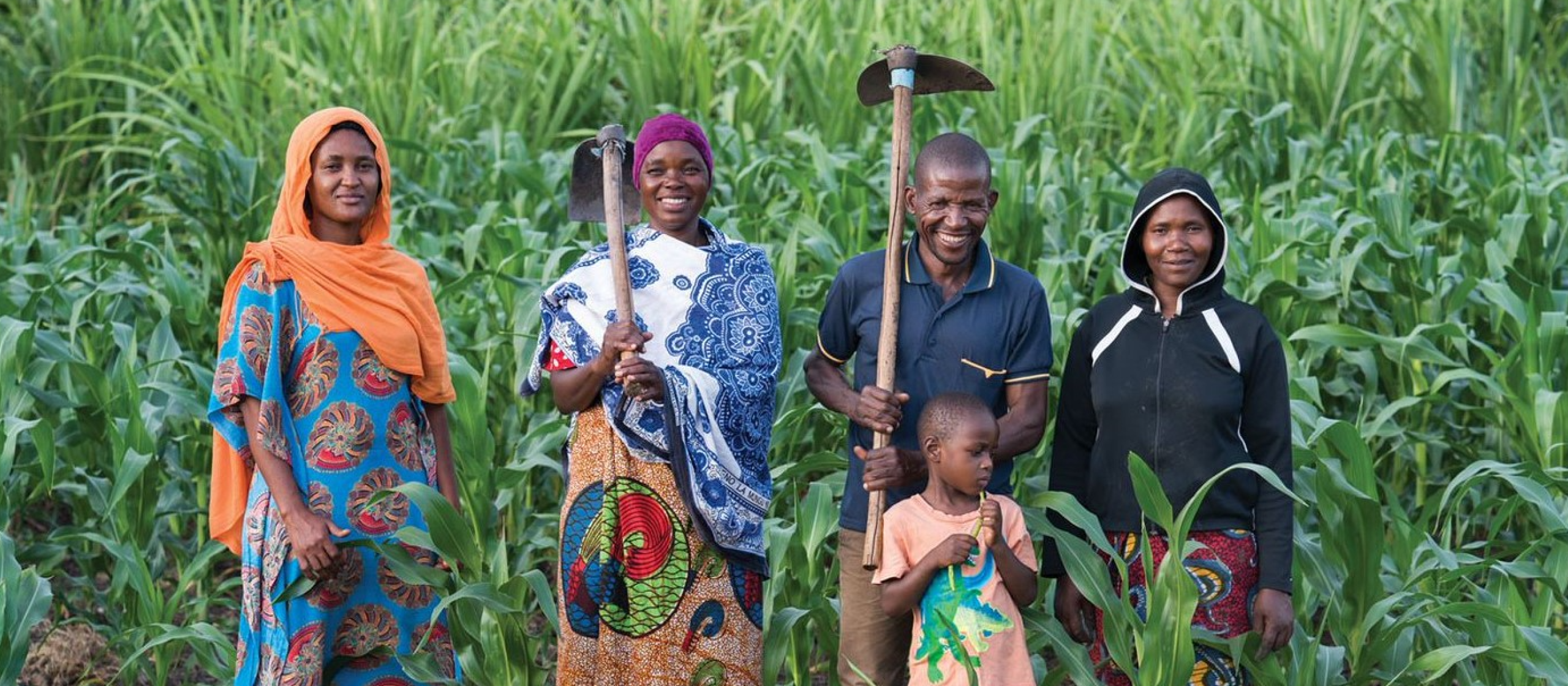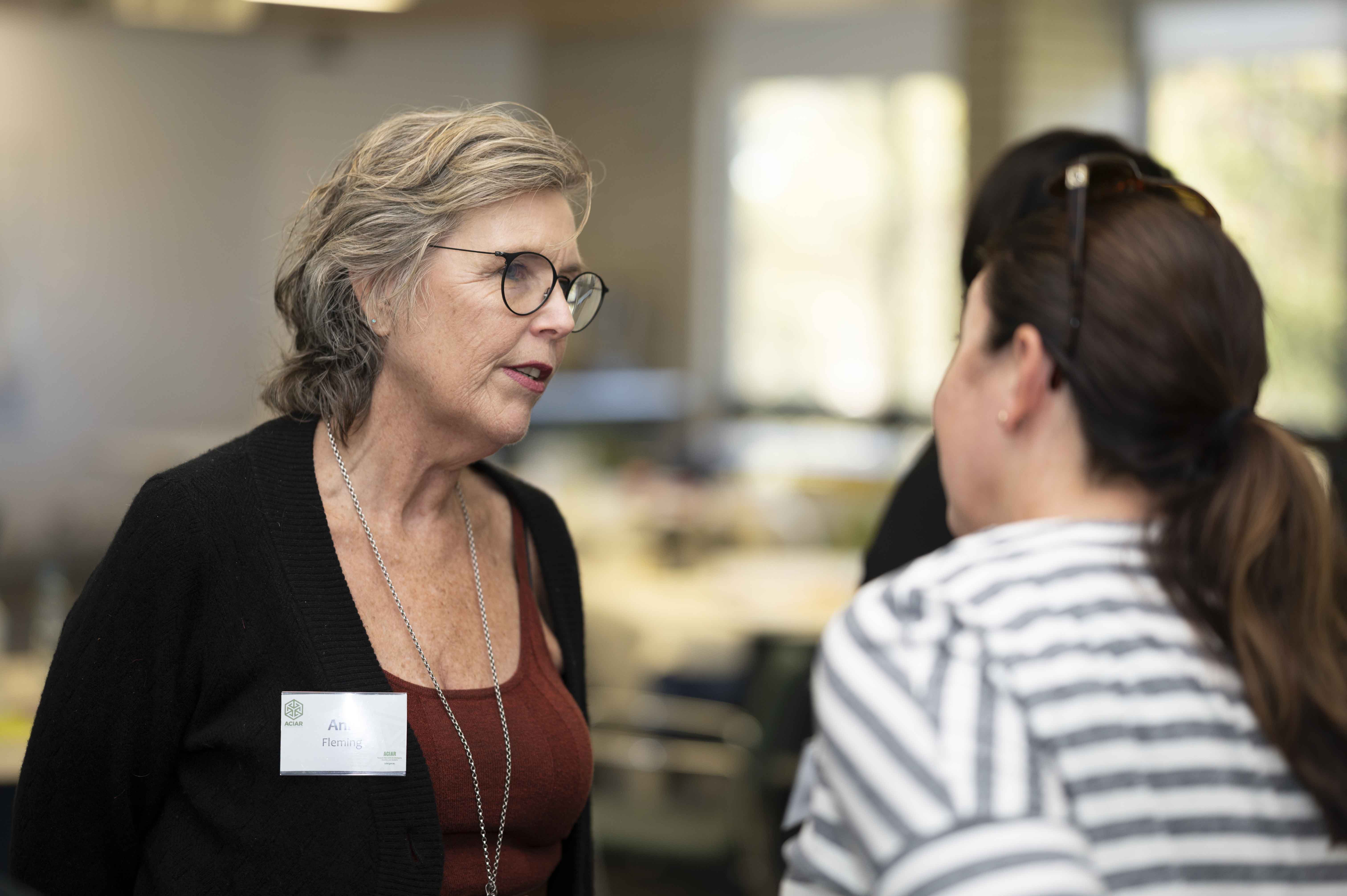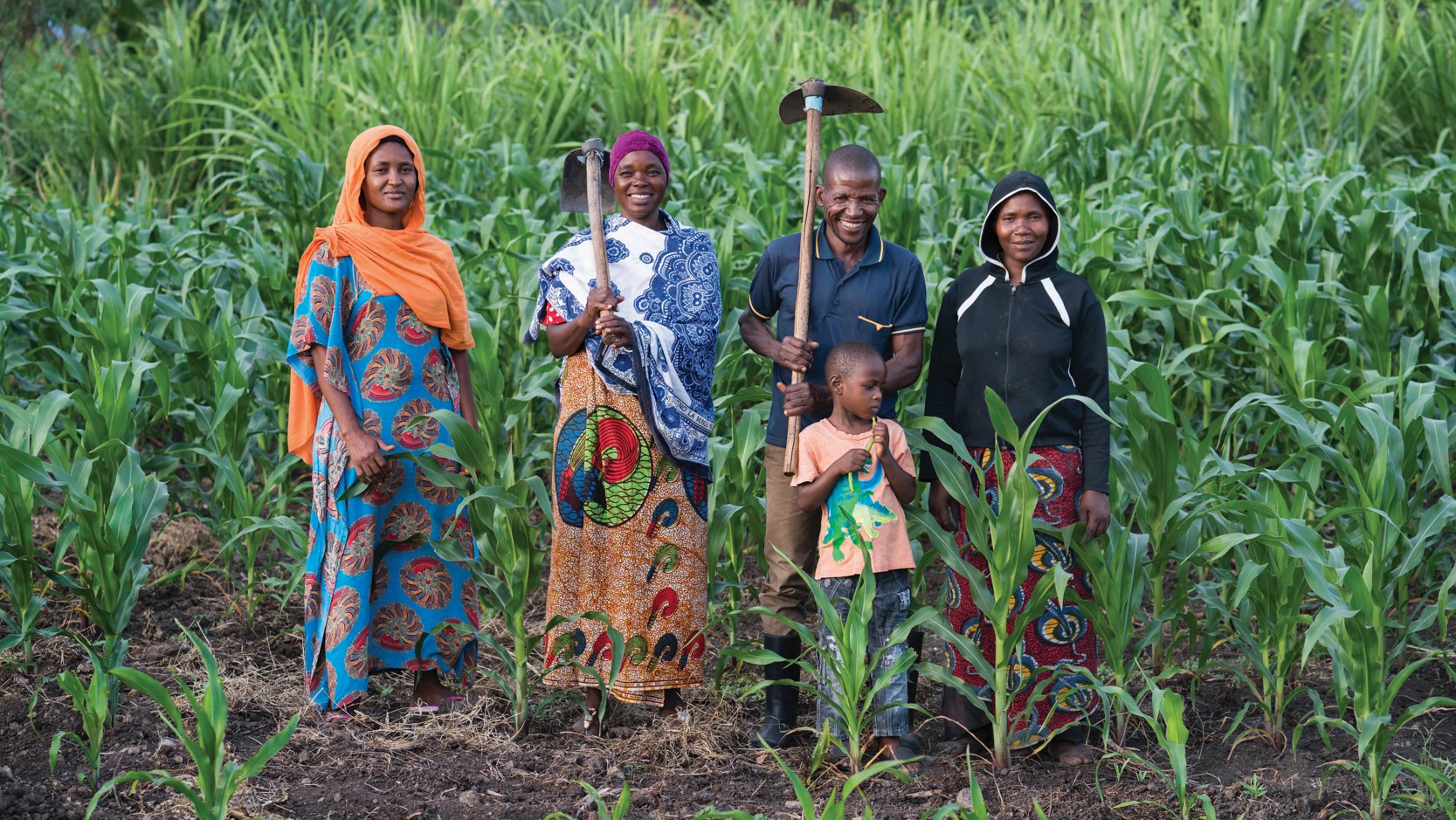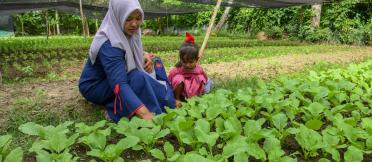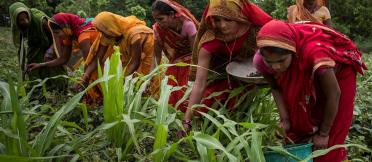More women and people with disadvantaged or marginalised statuses will be involved in designing, implementing and monitoring ACIAR-supported projects as part of a newly developed ACIAR Gender Equity and Social Inclusion (GESI) Strategy and Action Plan.
The new strategy was developed through the ACIAR GESI committee, co-chaired by Professor Ann Fleming, Research Program Manager, Fisheries, and Ms Eleanor Dean, General Manager, Outreach and Capacity Building.
Ms Dean said the rigorously developed strategy would integrate GESI into all of ACIAR work and amplify its efforts to meet its research-for-development objectives in the region.
‘Our ultimate purpose is to improve food security in developing countries and the lives of the world’s poorest people,’ said Ms Dean. ‘And if we have an intentional approach to gender and social inclusion, we can do a better job in that regard.’
Professor Fleming said involving people from diverse backgrounds in projects brings a broader range of skills and insights to project designs. This will help develop the innovative responses to inequality needed to better tackle the complex social and environmental issues in the region – and improve outcomes for women and others with marginalised statuses.
